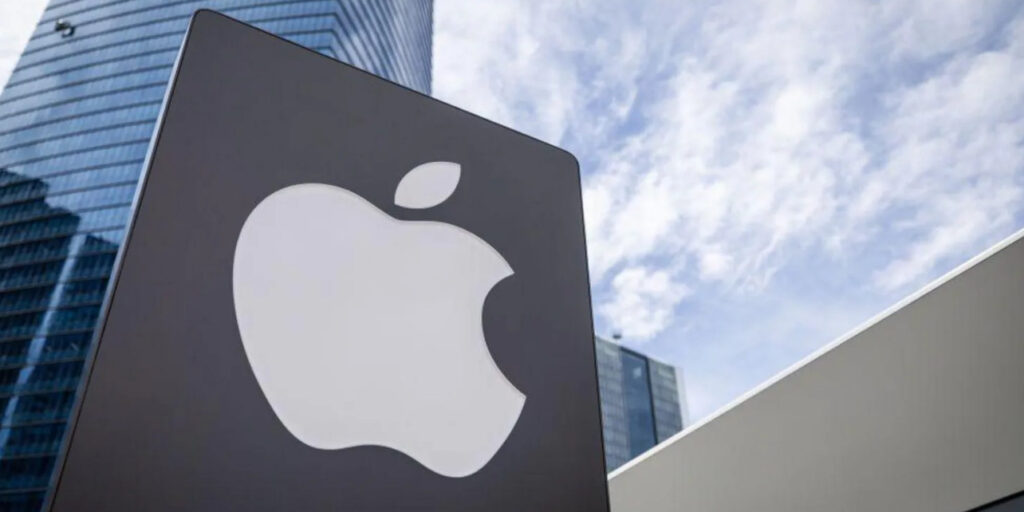The UK government has lost its legal attempt to keep the details of its data privacy battle with Apple confidential, in a significant development in the ongoing Apple encryption legal battle with UK government.
The dispute centers around Apple’s Advanced Data Protection (ADP) feature, which secures user data so that only the user—not even Apple—can access it. The Home Office, invoking the Investigatory Powers Act, demanded that Apple create access mechanisms for UK authorities. Apple has strongly opposed this, arguing that creating such a “backdoor” could eventually be exploited by cybercriminals and hackers.
In February, Apple removed ADP for UK users and filed legal action against the British government the following month. The case is currently being reviewed by the Investigatory Powers Tribunal.
Tribunal Upholds Principle of Open Justice
On Monday, the tribunal ruled against the Home Office’s request to keep the “bare details of the case” secret. It emphasized the importance of transparency, especially given extensive media coverage and the principle of open justice.
“It would have been a truly extraordinary step to conduct a hearing entirely in secret without any public revelation of the fact that a hearing was taking place,” the tribunal noted in its judgment.
“For the reasons that are set out in our private judgment, we do not accept that the revelation of the bare details of the case would be damaging to the public interest or prejudicial to national security,” it added.
The Home Office has been contacted for comment but has not yet responded.
Civil Liberties Groups Celebrate Legal Victory
Civil and digital rights organizations, including the Open Rights Group, Big Brother Watch, and Index on Censorship, welcomed the ruling. These groups, along with media outlets such as the BBC, pushed for the case to be heard in public.
Jim Killock, executive director of Open Rights Group, emphasized the broader impact: “This is bigger than the UK and Apple. The court’s judgment will have implications for the privacy and security of millions of people around the world.”
Rebecca Vincent, interim director of Big Brother Watch, said the ruling helps to counteract the “pervasive climate of secrecy” around the tribunal’s handling of the Apple case. “The Home Office’s order to break encryption represents a massive attack on the privacy rights of millions of British Apple users,” she added.
Apple Reaffirms Stance on User Privacy
Apple declined to comment on the latest ruling. However, the tech company previously stated: “Apple remains committed to offering our users the highest level of security for their personal data and are hopeful that we will be able to do so in the future in the United Kingdom. As we have said many times before we have never built a backdoor or master key to any of our products or services and we never will.”


